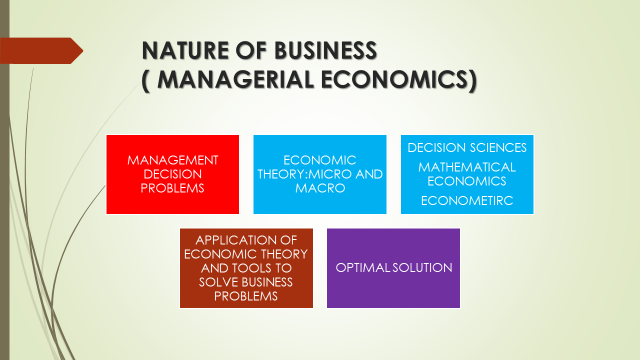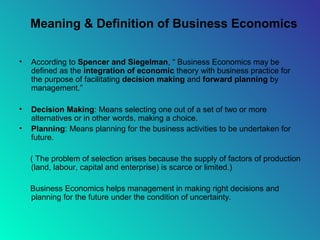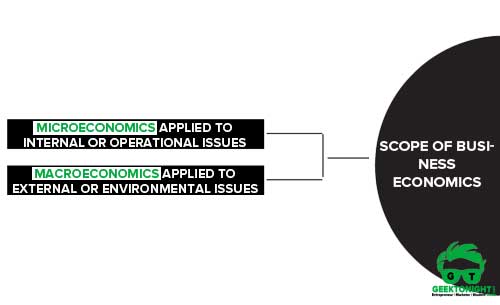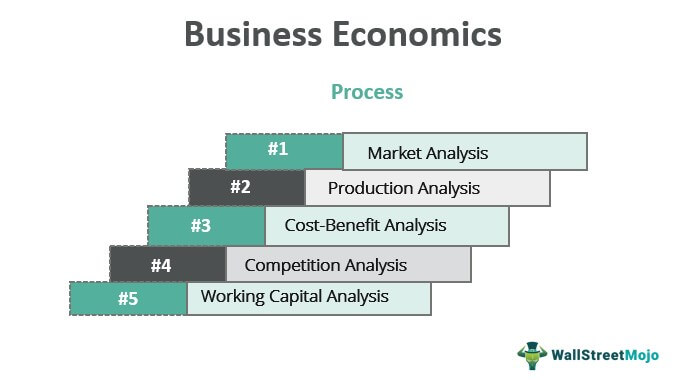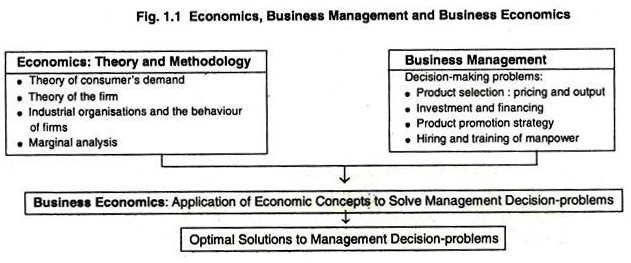Business economics is a field of study that focuses on the application of economic principles and analysis to business decision-making. It involves the use of economic theory and tools to understand and analyze business problems and to develop solutions to these problems.
One of the key areas of focus in business economics is the analysis of markets and competition. This includes the study of how firms operate in different market structures, such as monopolies, oligopolies, and perfect competition, and how these market structures affect firm behavior and decision-making. Business economics also involves the study of pricing strategies, including the factors that influence the pricing of goods and services, as well as the impact of price changes on firm profits and consumer demand.
In addition to market analysis, business economics also includes the study of production and cost analysis. This includes the analysis of the factors that affect the costs of production, such as the price of inputs and the level of technology used, as well as the relationship between costs and output. Business economics also involves the use of production functions, which are mathematical models that describe the relationship between inputs and outputs in the production process.
Another important aspect of business economics is the analysis of financial markets and institutions. This includes the study of the factors that affect the availability and cost of capital, as well as the role of financial intermediaries in facilitating the flow of funds between savers and borrowers. Business economics also involves the analysis of financial instruments, such as stocks, bonds, and derivatives, and the impact of financial markets on firm behavior and performance.
Overall, business economics is a crucial field of study for anyone interested in understanding how economic principles and analysis can be applied to the business world. It provides a foundation for understanding the behavior and performance of firms in different market environments, and helps managers make informed decisions about production, pricing, and financial management.
